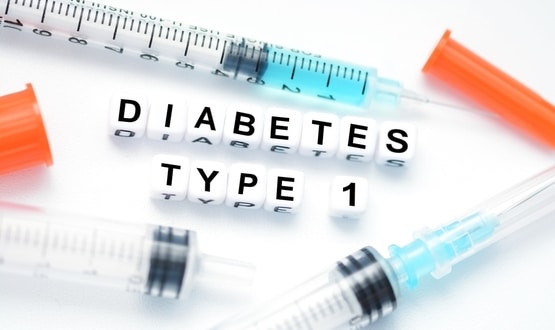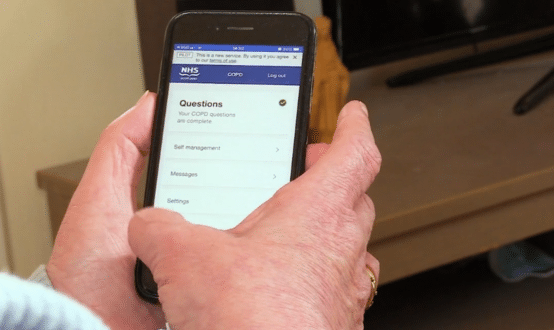Dexcom launches eye-opening diabetes research around HCL perceptions
- 17 November 2023

Dexcom, a global leader in real-time continuous glucose monitoring for people with diabetes, have released new market research which found 79% of people struggle to keep their glucose levels in range and almost half (45%) do not understand what a Hybrid Closed Loop System (HCL) is and its benefits.
The research follows the new Technology Appraisal (TA) from NICE which provides detailed guidance for hybrid closed loop systems usage. It impacts an eligible population of over 150,000 people living with type 1 diabetes in England, providing access to HCL systems.
Sometimes known as an ‘artificial pancreas’, a HCL system works by linking an insulin pump and continuous glucose monitor (CGM) with a computer algorithm that can calculate the amount of insulin someone needs based on their blood glucose readings.
Head of market access at Dexcom, Shay Speakman-Brown, spoke to exclusively to Digital Health News about the latest research, including what the benefits of a HCL will be for patients and clinicians.
Benefits
From the clinician perspective, Speakman-Brown said: “There’s a huge anticipation and has been huge anticipation about what the guidelines will say, and 99% of health care providers expect that the TA that was announced will significantly help change the lives of people with type 1.
“Ninety-eight percent of these say they would want all people with type 1 to have access to hybrid closed loop so you can really see where the appetite is.”
She also highlighted other benefits, including the importance of timing range, and productivity at work and sleep for patients. “We’re able to show really good benefits in terms of reducing stress, because I think diabetes isn’t a condition or a group of diseases that people can turn off, it’s there all the time,” she explained.
“I think having the TA and perhaps reducing some of the burden for the people living with diabetes is really the key driver for this and that really gives benefits to not only the healthcare system as a whole in terms of the people who are using the system and needing the support, but also for the patients themselves where some of what they do can now be automated,” Speakman-Brown said.
Ultimate diabetes ambition
Diabetes innovations are becoming increasingly prominent in the NHS, such as the Healum Collaborative Care planning Software and App for type 2 diabetes patients.
Speakman-Brown emphasised the importance of technology, including a HCL system because patients “can’t have a night off from diabetes”.
“What I would like to see over time is that there are equitable numbers between what industry can provide as accessible, affordable technology, which Dexcom is demonstrating at the moment.
“When new iterations of product come out, it is cheaper and more affordable for the NHS. But what I’d like to see is a continuation of access, where the NHS itself is providing mandates, through NICE guidelines etc to make technology more accessible, affordable, and providing higher levels of education so that patients and people living with diabetes can access it and try to aim for that higher quality of life that we all wish for them to have,” she concluded.




